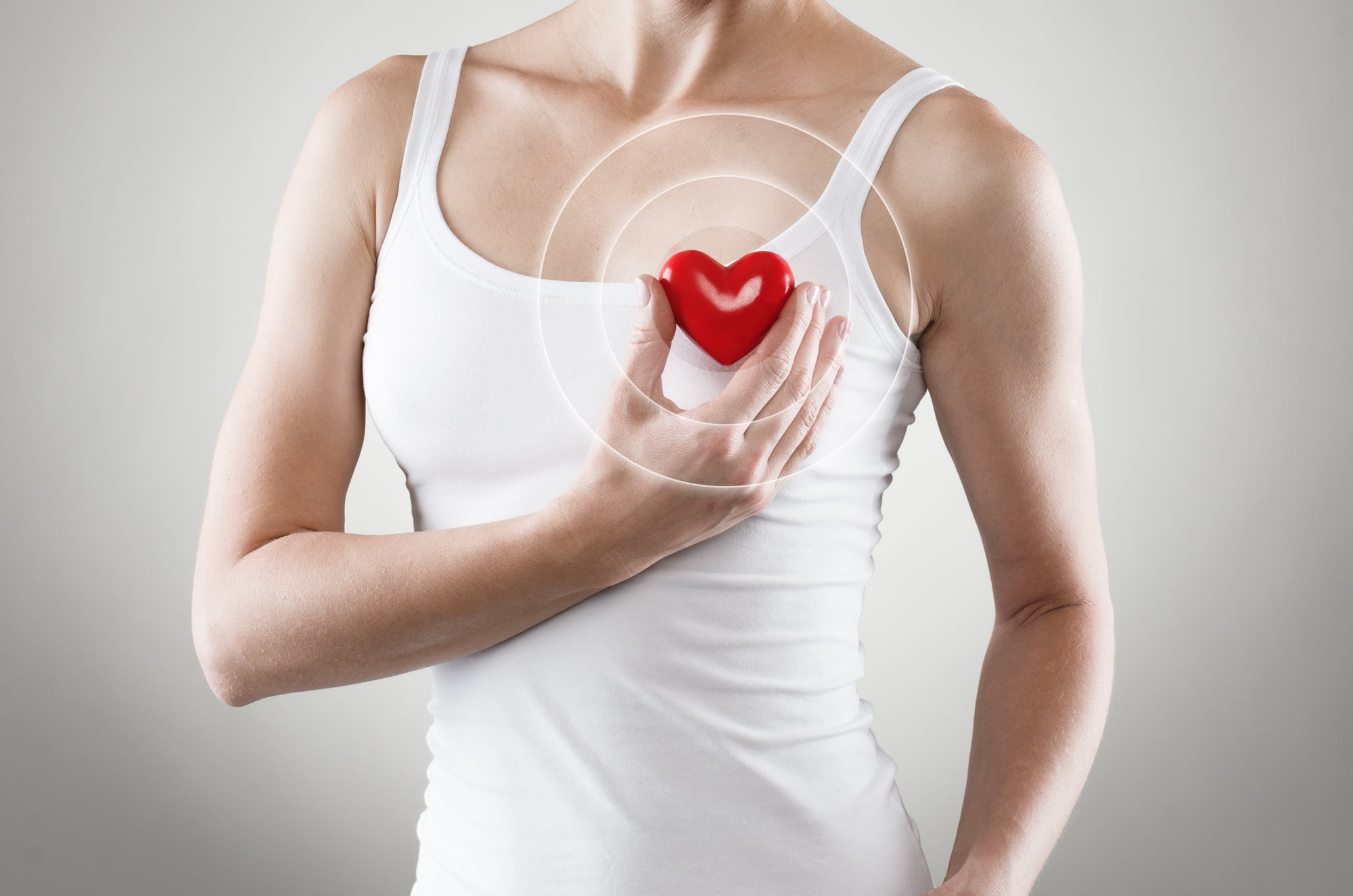While usually harmless, having heart palpitations can worry most people.
According to Scripps Health, about one in 18 people has arrhythmia. That is five percent of the U.S. population. Further, a recent study suggests that 25% of adult Americans aged 40 and older can develop an irregular heartbeat.
How do you know you are having heart palpitations? We will tell you the top three signs in this article.
What Are Heart Palpitations?
Heart palpitations are a sensation that you feel with your heart, sort of like your heart is fluttering.
They can also feel like your heart is racing, pounding, or skipping a beat. While they bother you, it is rarely a sign of heart disease.
Top Three Signs
You may be experiencing heart palpitations if you feel like your heart is:
- Beating too fast
- Flip-flopping
- Fluttering rapidly
While these are the top signs, there are others, like pounding and skipping beats. You can feel them in the neck, throat, or chest. This can happen during a time of rest or activity.
In rare circumstances, heart palpitations are signaling something more serious, which is why you should see a doctor if you are experiencing them. You need immediate medical attention if your heart palpitations combine with dizziness, chest pain, shortness of breath, or fainting.
What Triggers Heart Palpitations?
While there are many causes, they typically relate to your heart or an unknown cause. If they do not relate to the heart, then it can be caused by:
- Panic attack
- Powerful emotions such as stress, fear, and anxiety
- Caffeine
- Nicotine
- Alcohol
- Illegal drugs like amphetamines or cocaine
- Thyroid disease
- Low blood sugar level
- Anemia
- Low blood pressure
- Fever
- Dehydration
- Hormonal changes
- Medications
- Herbal and nutritional supplements
- Abnormal electrolyte levels
Some people find they experience signs of a fluttering heart after eating certain types of food. This could mean food sensitivity. We recommend you maintain a food diary to help you narrow down which foods you need to avoid.
Heart Palpitations Related to Heart Disease
If you are experiencing these symptoms because of heart disease, then it is most likely representative of arrhythmia. It can tie to heart failure, a prior heart attack, coronary artery disease, heart valve problems, or heart muscle problems.
Pacemaker
Slow and irregular heartbeats, referred to as arrhythmia, can be treated with a pacemaker. Arrhythmia can make you feel breathless, light-headed, or even make you blackout.
When a heartbeat is too slow, a pacemaker can help. It will send an electrical signal which goes to the heart muscle. This helps to start a heartbeat.
There are different types of pacemakers. They’re made of an electronic circuit and a long-lasting battery in a metal case, and they sit under your skin.
A pacemaker connects to your heart muscle. This is by one or two leads. Today’s pacemakers are comfortable and reliable.
Are You Having Heart Palpitations? There Is Help
We hope you understand more about what to do if you feel you are having heart palpitations. We know they are worrisome, but a professional can tell you if it is serious and what to do to help prevent them.
For more advice on your health and how to live your best life, visit us again soon.









